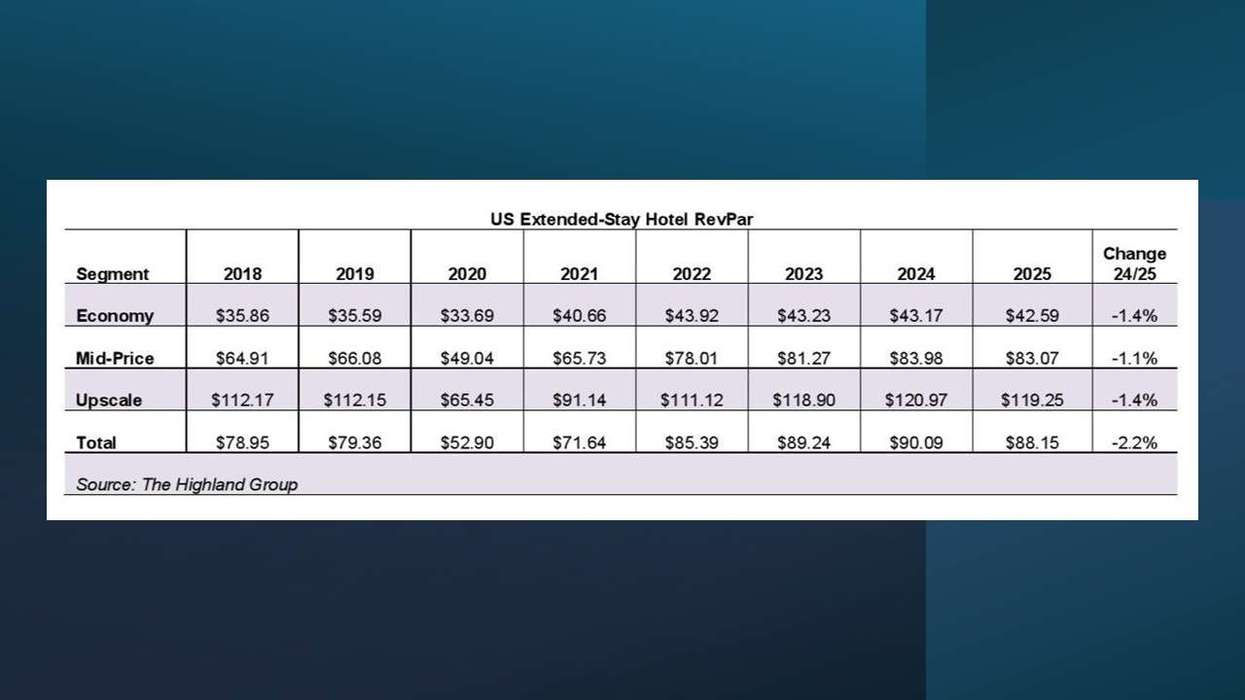HOTEL F&B DEPARTMENTS have suffered profit-costing losses in the COVID-19 pandemic, according to a blog by HotStats. There could be a silver lining, though.
The pandemic-related loss of business for hotels around the U.S. cut came across the board, but conferences and leisure travel were particularly hard hit, according to the article from Laura Resco, HotStats sales and account coordinator that looks at the data’s impact on hotel profits. Conference bookings fell 20.4 percent from last year and leisure is down 14.2 percent, contributing to a 66.5 percent drop in overall F&B revenue per available room in March.
“The volume of business for U.S. hotels decreased dramatically in March: a 48.8-percentage-point contraction in occupancy compared to the same month a year ago and fueled by the cancellation of blockbuster March events such as Seattle’s Emerald City Comic Con, Austin’s South by Southwest and Miami’s Ultra Music Festival, among others,” Resco wrote.
“Typically, hotels capitalize on meetings, such as company-sponsored parties, that spin off big conferences and events to boost F&B revenue. And so, conference and banqueting revenue was the hardest hit in March, down 69 percent to $13.24 on a per-available-room basis,” the blog said.
While dine in services were almost all closed due to the coronavirus, but room service actually fell less quickly than other departments.
“Room service has been on the way out the door for some time as grab-and-go and casual dining trends have helped turn door delivery into an anachronism,” she wrote. “But is room service ripe for a comeback? As more people look to social distancing and adapt hermetic behavior when on the road, room service may become the preferred dining option for guests and recover faster than traditionally more dynamic F&B revenue streams.”
Labor costs in F&B declined 38.6 percent compared to 30.4 percent for rooms costs.
“The severe challenges to the top line led to the F&B department recording a departmental profit of -$3.19 per available room, 111.3 percent below the same month of the previous year. However, the ability of hoteliers to adapt their F&B cost structure rapidly meant that they were able to achieve a 43.9 percent departmental flex, well above the 14.2 percent recorded in the rooms department,” Resco concluded.
STR released its second P&L report last week and profits dipped more than 110 percent for that.





